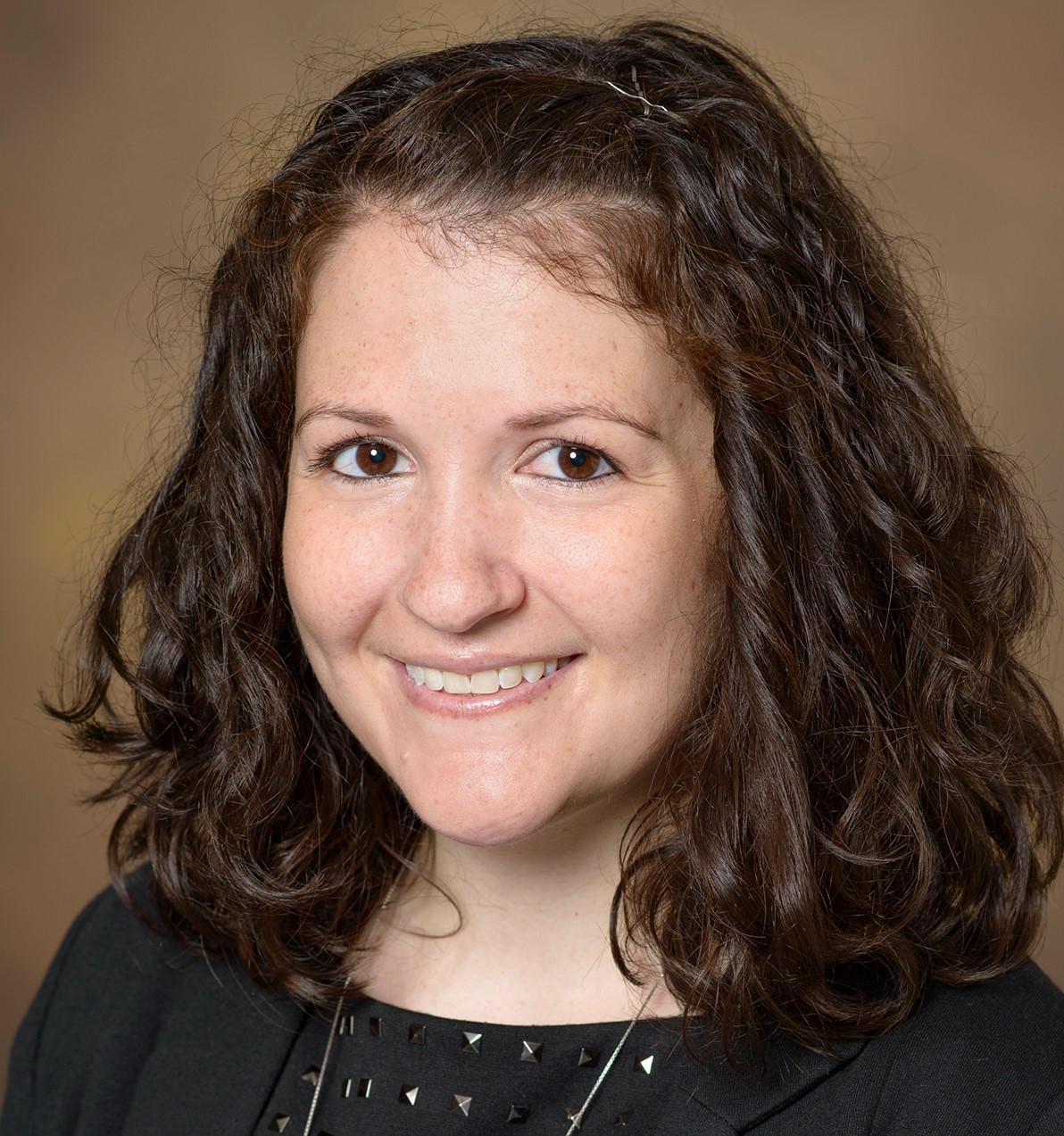Schizophrenia / Psychotic Disorders
High ACEs in individuals with early psychosis associated with lower client-reported family functioning: Preliminary data from the California EPI-CAL Project
(PS13-D92) High Aces in Individuals with Early Psychosis Associated with Lower Client-reported Family Functioning: Preliminary Data from the California EPI-CAL Project

Madison J. Miles, B.A.
Research Coordinator
University of California, Davis
Sacramento, California- KP
Katherine M Pierce, Ph.D.
Postdoctoral Scholar
University of California, Davis
Sacramento, California - VT
Valerie Tryon, Ph.D.
Senior Clinical Research Coordinator
UC Davis
Sacramento, California - KN
Kathleen E. Nye, B.A.
Project Manager
University of California, Davis
Sacramento, California - MS
Mark Savill, Ph.D.
Assistant professor
UC Davis
El Dorado Hills, California 
Sabrina Ereshefsky, Ph.D.
Clinical Psychologist
University of California, Davis
Sacramento, California- AM
Amanda P. McNamara, M.P.H.
Program Evaluation Specialist
University of California San Diego
San Diego, California - MK
Merissa Kado-Walton, M.A.
Program Evaluation Specialist
University of California San Diego
San Diego, California - CH
Christopher Komei Hakusui, B.A.
Junior Specialist
MIND Institute, University of California, Davis
Sacramento, California - CM
Chelyah Miller, B.A.
Jr. specialist
university of california, davis
sacramento, California - KN
Khanh Linh H. Nguyen, B.S., M.S.
Junior Specialist
University of California, Davis
Elk Grove, California - NS
Nitasha Sharma, B.S.
Research Coordinator
University of California, Davis
Sacramento, California - VP
Viviana Padilla, B.S.
Former Junior Specialist
University of California, Davis, and Riverside
Fresno, California - RL
Rachel Loewy, Ph.D.
Professor
UCSF
San Francisco, California - AP
Andrew J. Padovani, Ph.D.
Senior Statistician
University of California at Davis
Sacramento, California - LS
Leigh Smith, Ph.D.
Research Scientist
University of California
Sacramento, California - LB
Lindsay Banks, B.A., M.A.
Clinical Research Coordinator
University of California, Davis
San Francisco, California - SH
Stephania L. Hayes, Ph.D.
Assistant Professor
University of California, Davis
Angels Camp, California - KM
Karina Muro, Ph.D.
Clinical Psychologist
UC Davis Early Psychosis Care Programs
Sacramento, California - DS
Daniel I. Shapiro, Ph.D.
Assistant Professor
University of California, Davis, Dept of Psychiatry and Behavioral Sciences
Sacramento, California 
Khalima A. Bolden-Thompson, Ph.D.
Assistant Professor
UC Davis Medical Center
Sacramento, California- LT
Laura M. Tully, Ph.D.
Vp of Clinical Services
University of California, Davis
Sacramento, California 
Renata Botello, M.A.
Doctoral Student
Boston University
SOMERVILLE, Massachusetts- RG
Rebecca Grattan, Ph.D., Other
Lecturer
Victoria University of Wellington
Wellington, Wellington, New Zealand - YZ
Yi Zhang, Ph.D.
Postdoctoral Scholar
University of California
Sacramento, California - SL
Sabrina Loureiro, B.S.
Project Policy Analyst
UC Davis Center for Healthcare Policy & Research
Sacramento, California - AW
Adam B. Wilcox, Ph.D.
Professor of Medicine
Washington University School of Medicine in St. Louis
St. Louis, Missouri - JM
Joy Melnikow, M.D.
Professor emeritus
University of California, Davis
Sacramento, California - DT
Daniel Tancredi, Ph.D.
Professor in Pediatrics
University of California, Davis
Sacramento, California - SG
Sonya Gabrielian, M.P.H., M.D.
Psychiatrist
University of California, Los Angeles
Los Angeles, California 
Steven R. Lopez, Ph.D.
Professor of Psychology and Social Work
University of Southern California
Los Angeles, California- LD
Lisa Dixon, M.P.H., M.D.
Professor of Psychiatry
Columbia University Medical Center
New York, New York - CC
Cameron S. Carter, M.D.
Professor in Psychiatry
UC Davis Department of Psychiatry
Sacramento, California - TN
Tara a. Niendam, Ph.D.
Professor
UC Davis Department of Psychiatry
Sacramento, California
Author(s)
Co-Author(s)
Background: California’s EPI-CAL project (https://epical.ucdavis.edu) joins 6 university- and 15 community-based early psychosis (EP) programs to create a sustainable learning health care network as part of the NIMH EPINET project. Our qualitative data highlighted how adverse childhood experiences (ACEs) impact the lives of individuals experiencing psychosis; however, few EP programs currently evaluate or treat trauma using empirically supported approaches. Intensity of traumatic experiences throughout childhood could represent a modulating factor of psychotic symptoms and overall functioning, including family functioning. Beyond psychosis, family functioning can have a moderating effect on the negative impact of ACEs on emotional well-being. This literature suggests a strong association between ACES, mental health difficulties, and family functioning, though these relationships have been minimally examined in the context of early psychosis. The current analysis examines the relationships between client ACEs and family functioning as reported by both clients and primary support persons (PSP) in EPI-CAL.
Methods: Individuals with first episode affective or nonaffective psychosis (FEP) or at clinical high risk for psychosis (CHR) completed self-report surveys at enrollment in EPI-CAL. Participants completed the Pediatric ACEs Screening and Related Life-events Screener (PEARLS) and the SCORE-15. In order to draw clinical interpretations, all analyses utilized a subset of items reflective of the original ACES-10. Adults were asked to rate experiences prior to age 18. ACEs scores of 4+ are considered high risk for poor outcomes, and higher SCORE-15 scores indicate worse family functioning. Descriptive analyses and Pearson’s correlations summarize client’s ACEs and SCORE-15; demographics were examined.
Results: At enrollment, 217 clients (Ages 12-32, M=19.04, SD=4.28; 71% FEP, 21% CHR, 8% Diagnosis unconfirmed), completed the PEARLS version of the ACEs-10 (M = 3.52, SD = 2.74). They identified as 50.5% female sex at birth; 42% female gender; 73% non-White; 41% Hispanic/Latinx; and 7% were not born in the US. 47% respondents had an ACEs score of 4 or higher and are considered high risk for poor outcomes. Clients’ self-reported SCORE-15 total scores (n=103, M=33.68) was positively correlated to their ACEs scores (r = 0.295, p=0.002). Conversely, PSP SCORE-15 total (n=71, M=30.13) and subdomain scores were not significantly related to their associated client’s ACEs score (r = 0.19, p=0.11). The same pattern was found in each of the three SCORE-15 subdomains (strengths and adaptability, overwhelmed by difficulties, and disrupted communication). Exploration of matched pairs between client and PSP will be examined as more data is collected.
Conclusions: ACEs are common for individuals receiving care in EP programs. These experiences are associated with worse family functioning per client report. Given the importance of family treatments as an evidence-based approach for FEP, and the negative impacts of ACEs on client outcomes, these data suggest that EP programs should identify and treat individuals who experience traumatic events and to target areas of family functioning, with the goal of improving outcomes.

